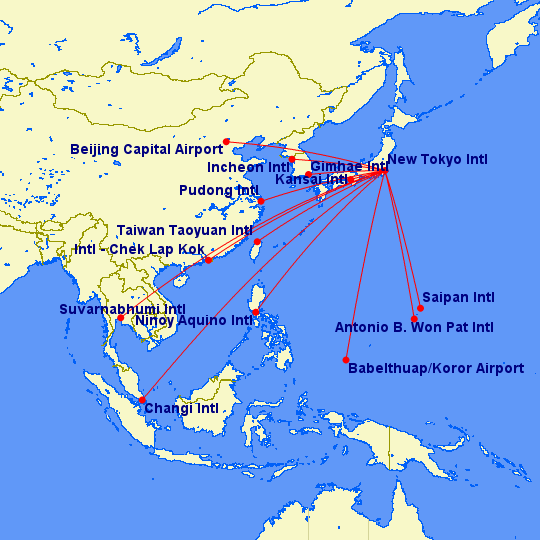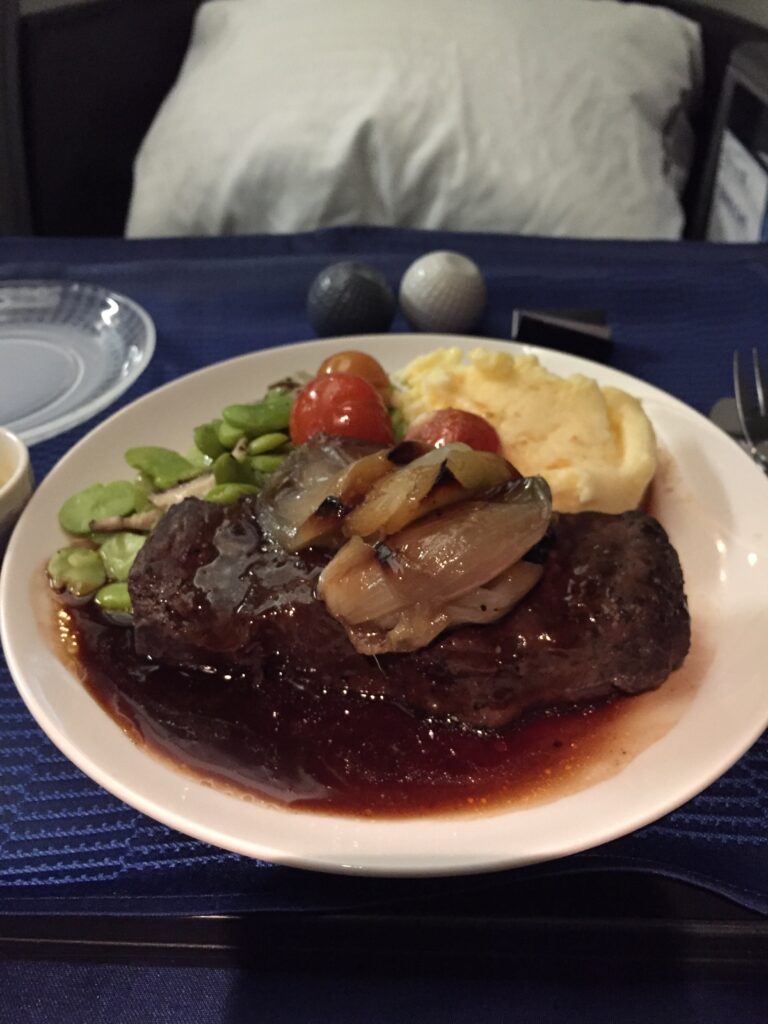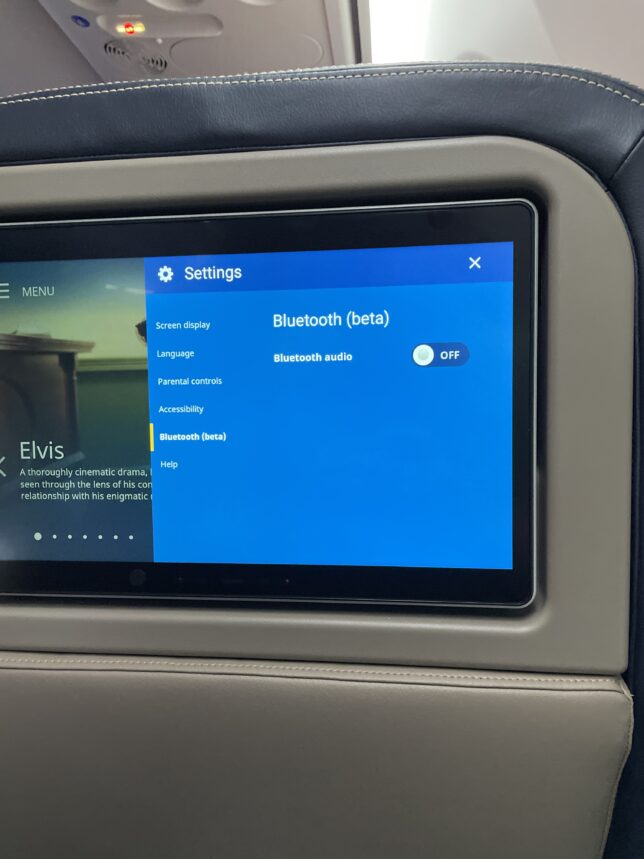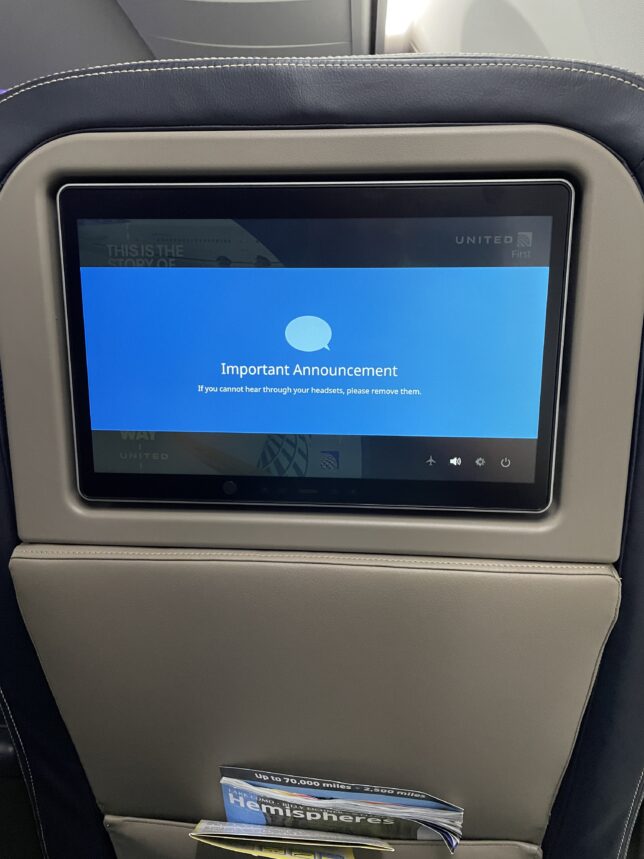In a letter to the US Department of Transportation on Thursday, September 21 Delta informed the agency that they will not be restarting their Tokyo service from Portland. The service, which previously operated to Tokyo-Narita was set to restart on October 23, 2023 but to Tokyo-Haneda. This restart was after attempts by Delta to get more flexibility in their Haneda operations from the DOT; They were asking to operate from different US gateways but were told by the DOT that such changes would not be granted.
Pursuant to Condition No. 3 of DOT Order 2023-2-15 (“Dormancy Order”), Delta hereby notifies the Department that it will not launch Portland (PDX) to Tokyo Haneda (HND) flights by the October 29, 2023 deadline specified in the Dormancy Order and, consequently, returns the daily PDX-HND slot pair allocated to Delta by Order 2019-8-6 to the Department.1 Delta plans to resume all other U.S.-Haneda flying by October 29, 2023, consistent with its prior awards.
Historically, Delta inherited a bunch of routes from Tokyo-Narita as part of their merger with Northwest Airlines in 2009. You can see the extent of their Asia/Oceania presence from Tokyo post-merger in this map. They basically had all of their US routes serving Tokyo itself and onward connections to other places in Asia.

As Tokyo-Haneda slot restrictions loosened up all of the major airlines looked to fly into the much more central airport, with the caveat that slots would be limited and intra-Asia or Oceania flying wouldn’t be feasible from Tokyo-Haneda. In 2019 Delta received approval to fly to Tokyo-Haneda from Portland, Seattle, Atlanta, Detroit, and Honolulu. This was the beginning of the end of the Portland service in my opinion. There is a decent amount of traffic between Portland and Tokyo but those flights relied on connections at Narita to really justify the 767-300 that Delta was operating. This was even predicted by Delta’s then-chief legal officer Ben Hirst in 2016 who stated:
It’s the loss of the connecting traffic that will kill the [Narita] flights,
Without those connecting flights the justification for some US flights to Tokyo just didn’t make financial sense anymore. Delta announced Portland-Seoul in September of 2021 in the middle of the pandemic. I even wrote about this when the Delta/Korean Air joint venture was announced in 2017. But the 2021 announcement seemed to signal Delta’s plans, they would serve the Asian destinations via connections in Seoul with their partner Korean Air and keep Portland-Tokyo-Haneda for the traffic going directly to Tokyo… Or so we thought.
This most recent letter to the DOT as well as the rumor that Delta will not start Portland-Seoul seems to hint that Delta might not have the planes for the routes they want to fly or that they don’t view the Portland market as strong enough or a mix of both. I tend to think that they don’t value the Portland market enough. Ever since British Airways started their Portland-London flight, Delta has not brought their flight on the same route back into service.
In 2021, Delta revealed in a Form 8-K filing that they would be retiring the entire fleet of 767-300s by 2025. At the time, Delta had 56 of the Boeing 767-300s but that number has significantly decreased as they have implemented their retirement plan. Essentially the only 767-300s operating now are to Hawaii, Europe, and Africa.
The news of Portland-Tokyo going away is disappointing and while Delta and the Port of Portland can claim that the demand just isn’t there, I think the reality is a bit more complicated. It’s clear that Delta was using the Portland slot as a form of leverage in hopes of getting their flight moved to a different airport.
My hope is that Alaska Airlines and the Port of Portland approach Japan Airlines to work out a deal for a flight, even if it only operates 3-4x/week. The Alaska membership in the Oneworld alliance with Japan Airlines should hold some weight and the port could show that there is still demand. This would serve connecting traffic within Asia as well as give travelers from Asia another connecting option along he west coast (not to mention the tourist traffic between Portland/Tokyo).




